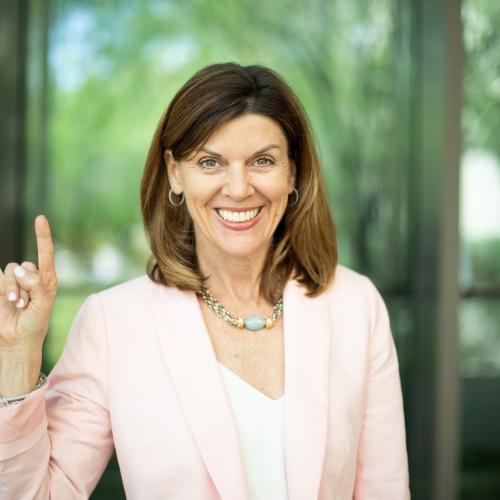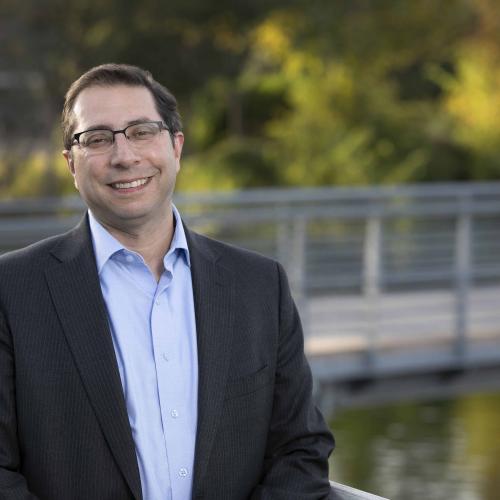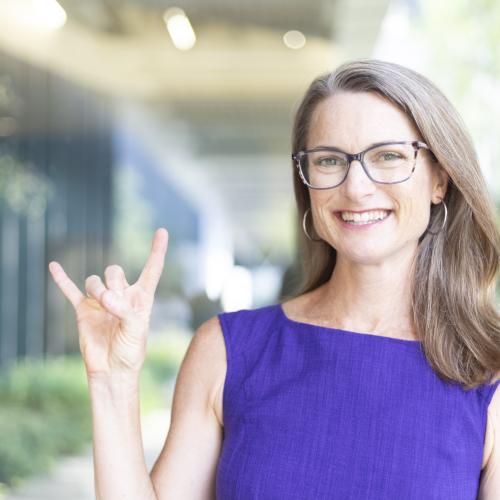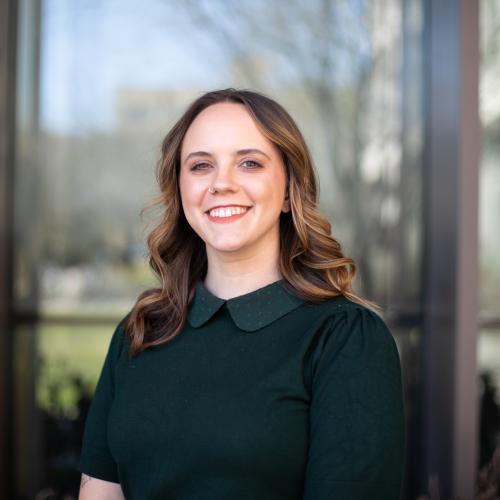Define yourself, impact your field.
Pilot Program Spring 2025
University faculty are experts on a variety of important topics. The perspectives you offer based on your academic research or professional experience can provide depth and insights for news, consumers, industry, policymakers, and academic media and publications.
Serving as an expert source for the media or sharing your research or expertise more publicly allows you to broaden your reach and impact. It can bolster your reputation and build interest in your work, potentially leading to promotions, increased funding, partnerships and attracting strong graduate student talent. Sharing your expertise more broadly not only builds your own personal academic brand but also builds the reputation of the institution and helps fulfill the public service mission the University.
Speaking with the media or general audiences can be intimidating and boiling down a career’s worth of expertise into language geared to non-academics a challenge. We hope to make these experiences more approachable.
This five-session, 15-hour program is designed to help Moody College faculty build their personal academic brand, reach a broader audience and share their expertise. Join expert instructors for in-class learning and time to work on your academic brand, identify media contacts and practice video and audio interviews.
Dates and times: 9 a.m. to noon, Fridays Jan. 24, Feb. 21, Mar. 28, April 18, May 16
Locations: Dealey Conference Room, DMC 5.212, broadcast studio, podcast suite
Schedule
Understand the purpose, benefits and framework of a personal brand and then apply these to your own academic brand. Complete a strategic review of your brand and develop your own mission, vision, values and key messages that support it.
Instructor:
Kathleen Mabley, chief marketing and communications officer, Moody College of Communication
Learn how to think like a journalist, understand their goals and what it means to be a media source. Identify and learn how to develop relationships with reporters and publications covering the topics in which you have expertise and get started on reaching out to them. Develop a list of specific journalists and publications to start a relationship.
Instructor:
Gary Susswein, founder of BandOne and former chief communications officer for UT Austin
You are an expert in your research or professional area, but it’s important to explain it in a way that the broader public can understand. Learn how to translate complex ideas into accessible information and communicate your research and expertise in a simple and compelling way to a variety of audiences. Draft versions of your elevator pitch and develop a list of key words relevant to your expertise.
Also - Hear from experienced faculty from UT Austin about their approach to promoting academic thought leadership in the public arena.
Instructor:
Gary Susswein, founder of BandOne and former chief communications officer for UT Austin
Learn tips and tools from the pros on preparing for interviews with journalists and podcast producers. You will practice being interviewed on camera and in a podcast studio to gain experience and feedback.
Instructors:
Kate West, Emmy-nominated broadcast journalist and assistant professor of instruction in UT’s Department of Journalism and Media. West teaches broadcast journalism classes and is director of Reporting Texas.
Katey Outka, managing director of The Drag Audio Production House, School of Journalism and Media lecturer and former journalist
Learn fundraising 101 and how to develop a “pitch” for individuals, foundations and corporate donors. Then pull it all together and present your academic brand and create a plan of action for the future to increase your public reputation as thought leader in your area.
Instructors:
Kathleen Mabley, chief marketing and communications officer, Moody College of Communication
Amy Gogolin, chief development officer, Moody College of Communication




